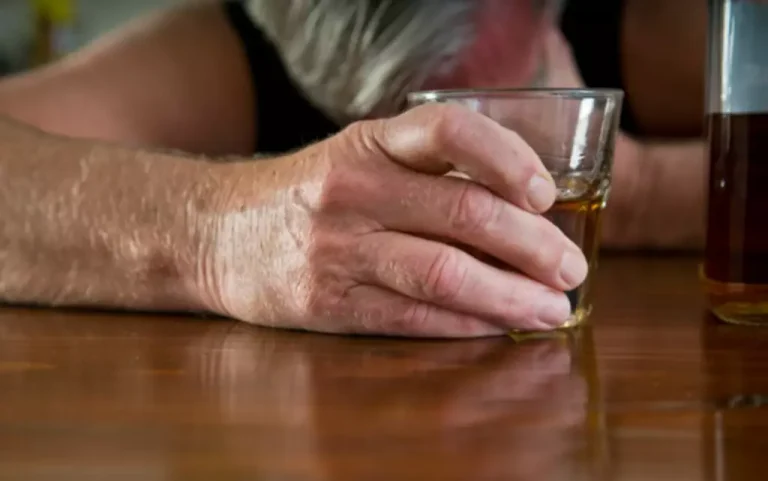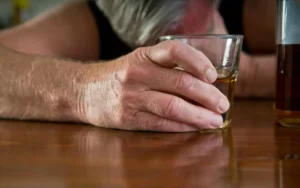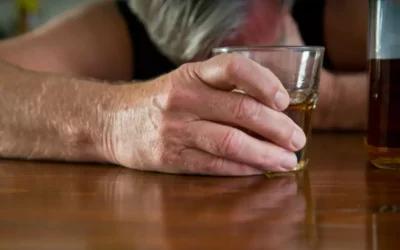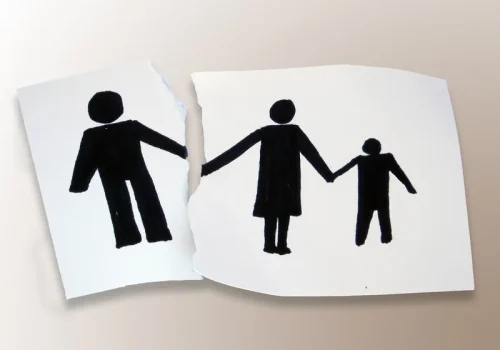
However, some individuals still drink and drive without realizing the potential harm they may cause. Driving while under the influence of alcohol not only endangers your life, but also those of others on the road. However, it’s essential to keep in mind that each person reacts differently to alcohol. Alcohol consumption impairs judgment, reaction time, vision, coordination, and concentration – all crucial for safe driving.
The Dangers of Drinking and Driving: Risks, Laws, and Consequences
- They feel sober and are unaware that the alcohol will have an adverse effect on their driving.
- At a BAC of .10%, reaction time is clearly and significantly limited.
- The WHO (2015) documents that alcohol leads to impairment by either depressing or stimulating the brain.
- Time and again history has proven that this fatal addiction could make the life of those who consume it terrible.
- Penalties for drinking and driving have increased in all states and can vary.
- Addressing the issue of drunk driving can be challenging, but it’s a life-or-death issue that’s worth the uncomfortable conversation.
Safe driving requires focus, coordination, good judgment, and quick reactions to the environment. To operate a vehicle safely, even for brief trips, it’s crucial to have a sharp mind. Motorists must accurately assess the distance needed to stop and navigate drug addiction turns without striking anything.

Alcohol and driving

A report by the World Health Organization (2015) acknowledges that driving while drunk is an important factor influencing the risk of a road traffic crash in all countries that allow alcohol consumption. People who drive while under the influence of alcohol have a significantly higher risk of being involved in a road accident than sober drivers. Research indicates that in developed countries, including the US, over 20% of drivers who die in car crashes have excess alcohol in their blood (WHO, 2015). Drinking while under the influence has a worse impact on the road safety of low-income and middle-income countries. Yadav and Miwako (2015) document that 33-69% of fatally injured drivers in these countries have some alcohol consequences of driving drunk include: content in their blood. According to the CDC, drunk driving or driving under the influence (DUI) is a factor in one-third of all vehicle fatalities in the US.
- Alcohol’s impact on the functioning of the brain ranges from mild and anxiolytic disinhibitory effects, motor incoordination, sedation, emesis, amnesia, hypnosis and ultimately unconsciousness 4.
- Of those motorcycle riders, 1,705 (29%) were drunk (BAC of .08 g/dL or higher).
- These places have trained professionals who can guide you through the process of withdrawal and recovery from your alcohol addiction.
- This fact sheet highlights strategies that states can use to address drug-impaired driving and identifies actions that can be taken.
- Recognize that your drinking is affecting your ability to drive safely, and remember that you’re not alone.
What Is The Most Popular Program For Recovering Alcoholics?
Alcohol impairs vision, reaction time, coordination, and judgment, all of which are essential to safe driving. It’s also linked to aggression, meaning it can fuel road rage incidents. It’s no secret that alcohol affects your motor skills https://ecosoberhouse.com/ in a major way. This is the reason why intoxicated individuals will stagger and have a hard time walking in a straight line.

Sonja (2006) reveals that most of the individuals charged with drink driving are not even aware that their BAC is above the legally accepted level. Alcohol consumption hinders sound decision-making, leading individuals to take actions they wouldn’t normally consider if they were sober. Despite the known danger, many still choose to drive under the influence, ignoring the risks, as their thoughts are clouded by alcohol. It is widely recognized that driving while drunk is a poor decision, but this awareness is often overridden by impaired judgment caused by alcohol.
- It’s already challenging enough to drive safely when you’re sober, and drinking can only worsen the situation, putting not only yourself but also other road users in peril.
- NHTSA strongly supports the expansion of ignition interlocks as a proven technology that keeps drunk drivers from getting behind the wheel.
- Unfortunately, when driving, one must pay attention to many different factors to ensure they’re staying a safe distance away from other drivers and obstacles on the road.
- Dr. Hoffman has successfully treated hundreds of patients battling addiction.
- The paper began by noting that alcohol drinking is a socially acceptable habit that has some positive benefits.
- In 2022, there were 2,337 people killed in alcohol-related crashes where a driver had a BAC of .01 to .07 g/dL.
Your insurance premiums can also increase significantly following a DUI arrest. It may also become difficult to rent a car or even enter certain countries if you have an alcohol-related driving conviction on your record. If you or someone you care about is battling an alcohol addiction, know that help is available.















